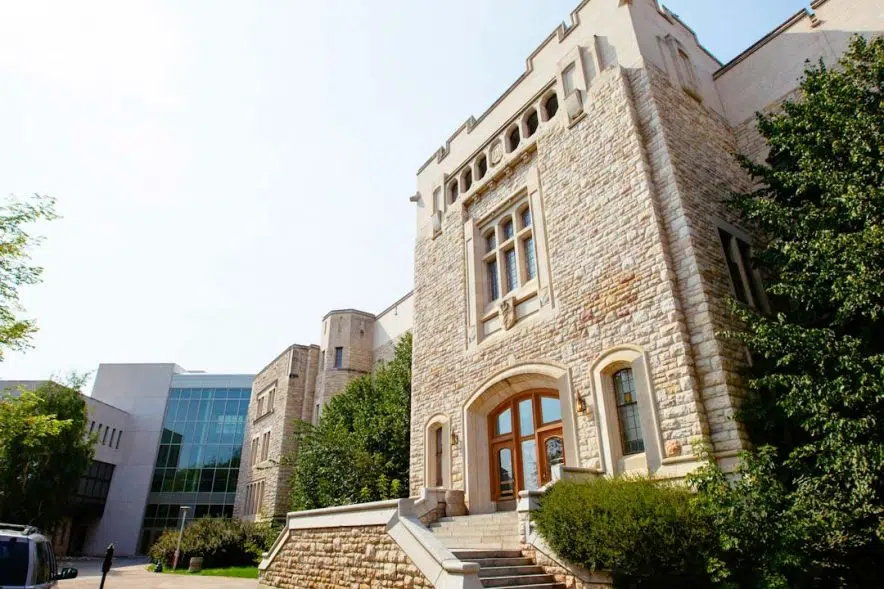A report into systemic inequality at the University of Saskatchewan’s College of Medicine has concluded there is work to be done on issues of inequality and discrimination.
The report, entitled “The Case for a Restorative Response to Perceptions of Systemic Inequity at the University of Saskatchewan College of Medicine: A Systemic Investigation Summary Report,” concluded that systemic human rights issues are present within the medical school.
“We can’t own what we don’t know about and we must own this,” said Preston Smith, dean of the college.
“Humility has to be the most important thing here.”
The report gave an overview of an investigation and findings completed by the Saskatchewan Human Rights Commission and summarized issues to be corrected by the medical school.
“These issues to be addressed are not recommendations,” the report concluded, referring to a number of key issues found and listed in the report.
“As an academic institution, the College of Medicine is well-situated to study, understand and, ultimately, resolve many of the issues identified in this report,” the document’s conclusion stated.
Chief commissioner Barry Wilcox wrote that the report “represents an opportunity to advance medical education in a way that ultimately benefits the people of Saskatchewan.”
The report outlined situations experienced by students at the medical school pertaining to racial and gender discrimination, and concerns about professionalism, ableism, and discrimination based on gender identity and sexual orientation.
Most were shared anonymously, the report noted, as students said they were reluctant to speak out in situations where faculty or leadership make hurtful or inappropriate comments.
“For me, as a student, I’ve had multiple encounters,” one testimonial read. “Whether it’s someone making a joke about a person of colour, or someone saying things to me directly about my skin color or my ethnicity. I often times feel silenced.”
Another testimonial detailed how a student did not pursue an interest in a specific field because of a negative experience with a physician who might have become their preceptor, or mentor, during their studies in that area.
“I intentionally did not seek out that elective opportunity for fear of having (them) as a potential preceptor … Maybe in a perfect world I would have wanted to do that elective, but I completely cut that off because I don’t want to deal with that,” the testimonial stated.
Another testimonial recalled male surgeons telling female students interested in surgery: “Don’t expect your male colleagues to pick up your slack when you have kids and go down to part time.” They said they were also told surgery “isn’t good for women.”
The report outlined various ways students at the College of Medicine can report mistreatment, and noted discrimination policies and procedures were revamped in 2016 by the institution.
Concerns about power imbalances between students and preceptors were also noted, as well as a need for representative cohorts and more people of colour and women in leadership positions.
While an admissions stream dedicated to Indigenous students exists, the need for a similar admissions process for Black medical students was also raised in the report.
The report identified nine key issues to be addressed, and said they require more involvement by the Human Rights Commission, the college and key stakeholders. Improvements to the student complaint process, addressing uneven diversity in faculty and leadership positions and pursuing constructive relationships with Black and Indigenous and other physicians were some of the proposed solutions.
Smith noted that the school’s Indigenous admissions program has been revamped further, to bring a “much broader equity lens to admissions” and increase the number of Indigenous-specific spaces from 10 to 20 each year.
But work that is being done shouldn’t diminish the findings of the report, Smith added.
“Especially as a very privileged White man, I need to say that the report and its content need to stand on its own as a testimony … to how we need to change,” he said.
For the medical school to be the best it can be, Smith said it has to reach a point where marginalized populations of previously harmed people can say the school has reformed.
The full report can be read here.











